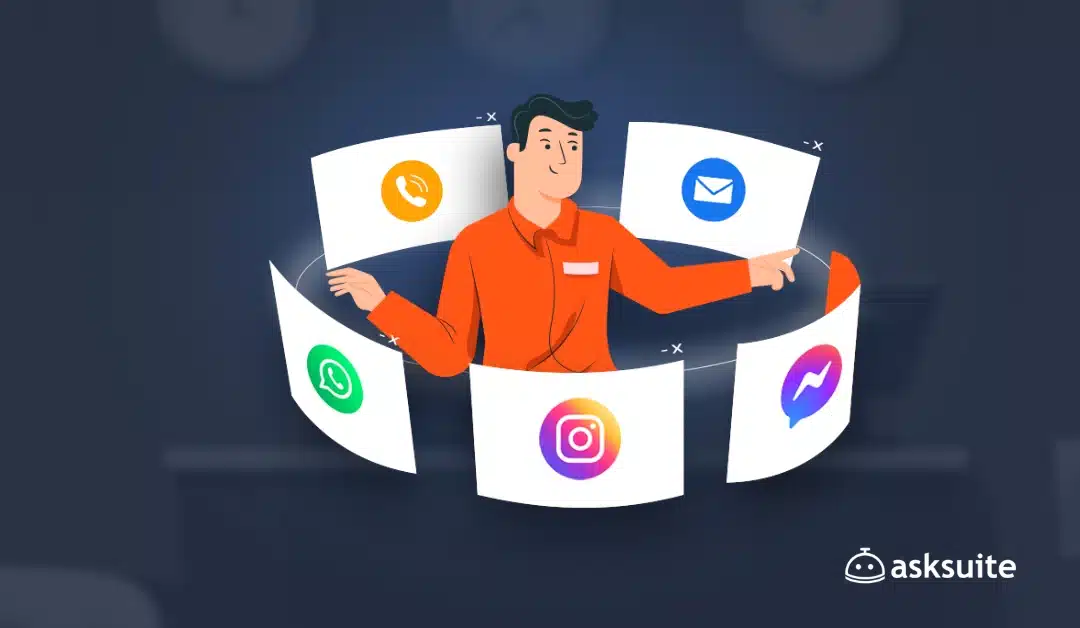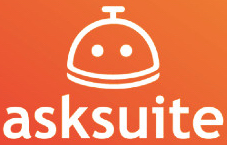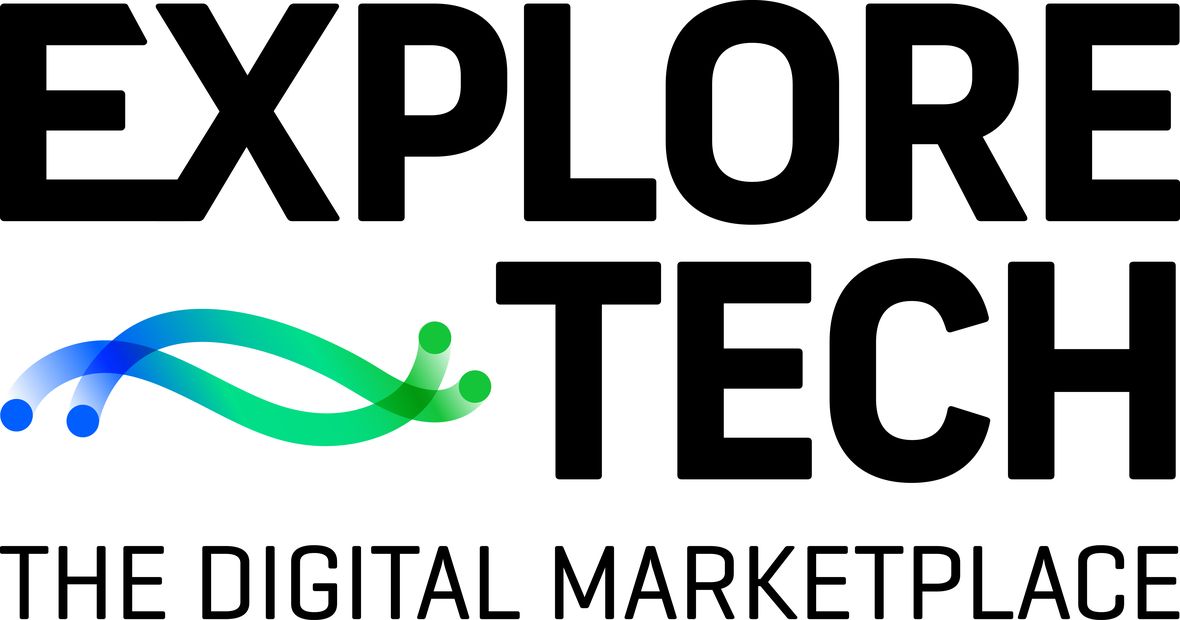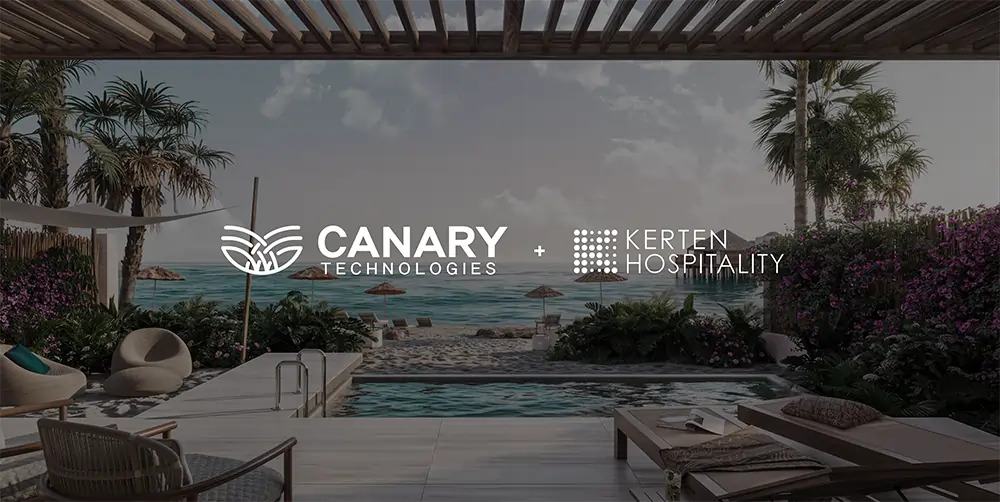

In today's world, customers have become increasingly demanding, craving personalized experiences while having little tolerance for errors.
The rapid growth of social media and the accessibility of real-time information through mobile devices have transformed our perception of the world. Consequently, travelers now expect immediate responses regardless of where they are in their purchasing journey.
This surge in customer service channels poses a significant challenge for hoteliers as their response time window continues to shrink. This challenge becomes even more daunting as agents have to navigate multiple channels and keep track of previous interactions to ensure guests feel acknowledged and understood.
To address this need for streamlining the booking process and gaining a better understanding of concurrent customer needs, we have entered the era of omnichannel solutions. However, to fully harness the transformative power of omnichannel service software within the hospitality industry, it is crucial to understand the distinctions between omnichannel and multichannel solutions.
Understanding the Difference: Omnichannel vs. Multichannel
In a nutshell, a multichannel strategy involves communicating with travelers through separate channels, while an omnichannel strategy integrates all channels onto a single platform.
Multichannel Approach
With a multichannel approach, hotels aim to reach more potential customers by offering multiple channels.
While this strategy expands a hotel's reach and visibility, it can also present significant challenges for hotel staff. Constantly juggling between various apps and tabs to respond to inquiries from different channels can be overwhelming and time-consuming.
This not only affects response time but also increases the risk of overlooking essential traveler information, leading to potential errors and negatively impacting the hotel's reputation.
Omnichannel Approach
Similar to how a Channel Management System (CMS) centralizes each sales channel from various sources, omnichannel customer service management unifies communication channels on a single screen.
In an omnichannel framework, reservation agents can manage all service channels on one platform without the need to constantly switch tabs. Regardless of which agent oversees customer service or on which channel the initial inquiry takes place, all channels are connected and data is shared, making it easier for customers to engage and build a relationship with the hotel.
Benefits of Adopting an Omnichannel Approach
In order to meet the expectations of modern travelers who utilize multiple channels, hotels need to be available wherever potential customers are. The mistake that many hotels make is using social media solely as a marketing or advertising tool.
While social media channels witness significant traveler communication, many hotels are ill-prepared to respond on these platforms alongside the others. When customers are not responded to promptly, they move on. Despite investing in attracting these travelers, hotels are not adequately equipped to serve them.
Hence, it is essential to be available on different channels and integrate them into the customer service experience. Here's why omnichannel communication matters:
Enhance the Guest Experience
Investing in technology means investing in the guest experience. In the competitive business world, the guest experience can attract new customers and retain existing ones.
While technology is now part of our daily routine, consumers seek both speed and efficiency. To impress guests, it is necessary to go beyond offering free Wi-Fi. By combining a customer-oriented team with hotel tech, excellent service and a fantastic experience can be ensured.
An omnichannel software captures and stores guest data, enabling staff to anticipate needs and preferences, which in turn leads to increased customer satisfaction. As a result, hotels can benefit from streamlined operations, increased productivity, and improved overall performance while delivering a memorable guest experience.
Streamline Hotel Operations
Hotels can greatly benefit from adopting omnichannel software that integrates various communication channels and platforms such as website chatbots, social media, email, and mobile apps (e.g., WhatsApp or Cloud Phone).
This software allows hotel staff to engage with guests seamlessly and consistently. A holistic approach enables hotels to provide personalized services and recommendations, ensuring guests feel valued at every touchpoint of their journey.
An omnichannel tool can unify various hotel management systems, reducing the risk of errors, miscommunication, and inefficiencies that may arise from using different systems. Automation serves as an efficient way to integrate multiple communication channels, keeping all staff in the loop.
Strengthen Brand Loyalty and Reputation
Even before implementing a marketing strategy, it is crucial to establish a reputation that guests can rely on, both online and offline. By doing so, hotels can convert more bookings based on positive guest experiences.
An omnichannel solution can help hotels build a strong foundation for hotel marketing by connecting all channels and adding more value to their products and services. Additionally, a hotel's website serves as a communication channel that strengthens reputation by showcasing guest reviews, positive social proof, and tools that display previous guest satisfaction to encourage bookings.
Boost Service Speed
Capturing attention can be an uphill battle. Businesses that respond quickly and efficiently have a better chance of outperforming their competitors. Therefore, it is crucial to maintain the same level of customer service quality on a hotel's digital channels.
An omnichannel solution enables hotels to provide quick and standardized responses to travelers 24/7. Moreover, integrating automated assistance with the booking engine allows hotels to quote instantaneously.
An Omnichannel Strategy That Changes the Game
With the proliferation of multiple channels, an omnichannel strategy ensures guests receive a consistent and seamless experience across all channels. Here are some important steps to designing a successful blueprint:
Analyze Guest Communication Preferences
Gain insight into how guests prefer to communicate. Conduct surveys and analyze data from your hotel's CRM system to create a personalized experience that meets travelers' needs.
Ensure Consistency Across All Channels
Guests expect a user-friendly experience regardless of the channel they choose. Create a brand style guide that outlines your hotel's values, voice, and visual identity. From there, standardize templates and messages, as well as categorize requests to trigger specific information.
Implement Staff Training and Development
Your staff plays a crucial role in delivering the personalized guest experience promised by the omnichannel strategy. Provide ongoing training and development opportunities to help team members stay updated with the latest technologies and trends in guest communication.
Most-Used Communication Channels
By integrating various channels, hotels can significantly enhance the guest experience in today's hyper-connected world. Let's explore the most popular channels used in the industry and discuss how they can be combined to create a unified strategy:
Social Media
Social media presents a fantastic opportunity to increase brand awareness and generate bookings. A robust strategy involves sharing promotions, special offers, local culture, attractions, and amenities. When executed effectively, social media campaigns encourage user-generated content and engage travelers while providing necessary customer support.
AI Chatbots
Virtual assistants enable customers to interact with hotels in real-time, offering convenient communication methods for guests. AI chatbots can provide instant assistance with frequently asked questions, bookings, cancellations, changes, and customized recommendations.
Messaging Apps
Messaging apps like WhatsApp have gained tremendous popularity, streamlining guest communication. As travelers expect prompt replies, it is essential to provide instant support. Hotels can even send booking confirmations, updates, and check-in/check-out information through messaging apps.
Emails
Despite the rise of new communication channels, email remains a favorite among many customers. It is ideal for delivering information such as confirmations, reminders, updates, newsletters, special offers, tailored propositions, and upselling services. Emails also contribute to branding efforts.
Phone Calls and Cloud Phone
While digital channels are rapidly gaining popularity, the importance of phone calls in hospitality cannot be overlooked. By maintaining this channel, hotels cater to the diverse preferences of their clientele. Phone calls are particularly useful in handling complex or sensitive situations as they allow for real-time conversation, active listening, and nuanced responses, ultimately leading to more effective problem-solving.
The above article is based on an original article written by Evelin Lima for the AskSuite blog. While efforts have been made to rephrase and modify the content, the essence and key points of the original article have been retained.
Did you know that omnichannel platforms, like Asksuite's, offer hotels a smart way to centralize all communication channels while automating the customer experience with 24/7 support?
Your team can be fully operational on all channels without switching tabs–everything is centralized on a smart dashboard. Get in touch to learn more!






.jpg)
